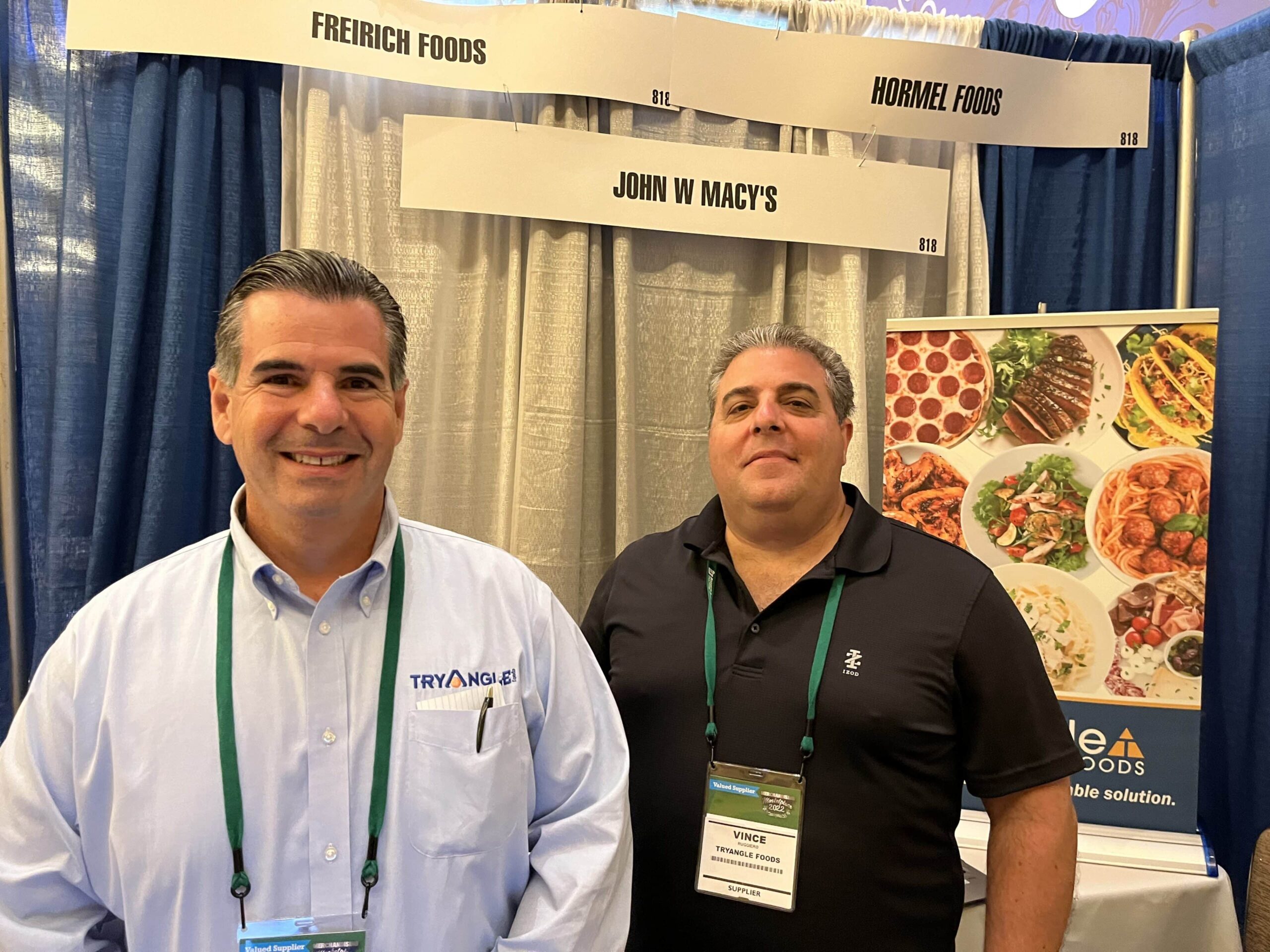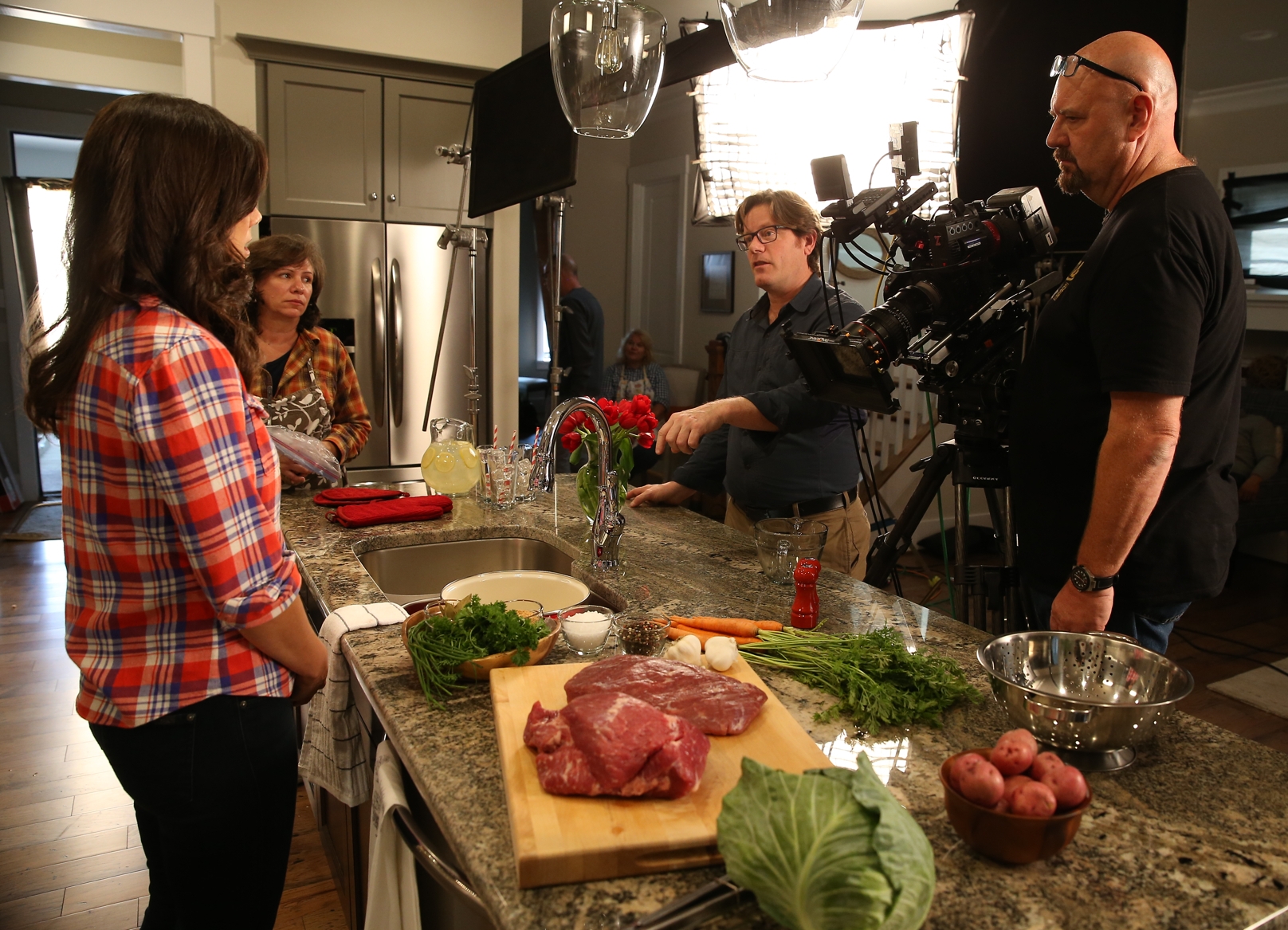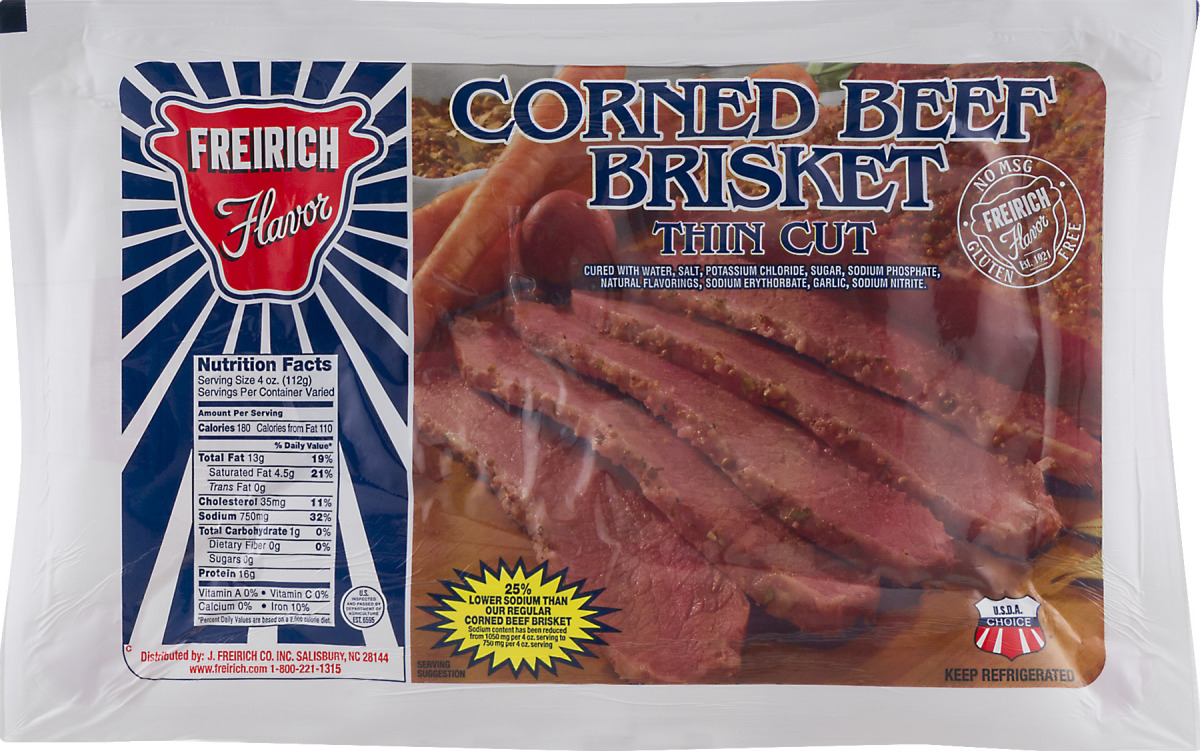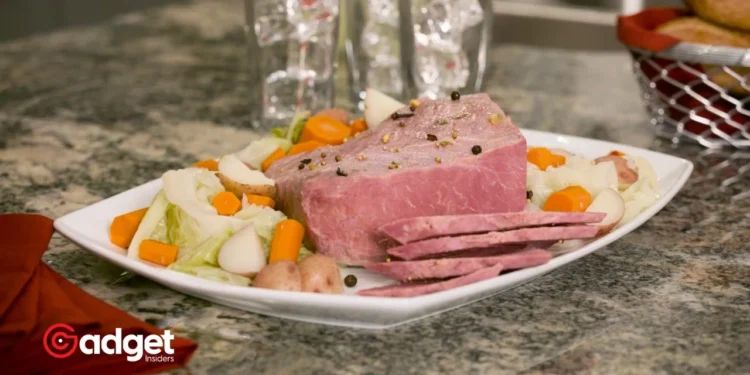In the world of food and groceries, where the promise of quality and the richness of heritage have long been key ingredients to success, the recent Chapter 11 bankruptcy filing by Freirich Foods has sent ripples through the industry.
Founded in 1921 by Julian Freirich, the company has been synonymous with the highest-quality meats, ranging from corned beef to pastrami and roast beef, along with a variety of deli meats and specialty items.
For over a century, Freirich Foods has upheld its motto, “The Family of Fine Meat Products,” a testament to its commitment to excellence and a family-oriented approach to business.

The Fallout of Financial Woes
Despite its storied history and dedication to producing “safe, wholesome, legal, and consistent” food, as outlined on its website, Freirich Foods’ financial stability has been called into question with its recent move to file for Chapter 11 bankruptcy protection.
The Salisbury, N.C., based company has reported liabilities and assets ranging between $10 million to $50 million, a stark revelation that highlights the precarious nature of even the most venerable institutions in the food sector.
The filing has not only put a spotlight on Freirich Foods’ challenges but has also raised concerns about the broader implications for supply chains, employment, and local economies. The company claims to have funds available for unsecured creditors, a silver lining in what is otherwise a tumultuous period.
With approximately $13 million in overall assets, including inventory, machinery, intellectual property, buildings, and vehicles, Freirich Foods’ path to recovery is fraught with uncertainty but not devoid of hope.

The Ripple Effects of Bankruptcy
Freirich Foods’ financial struggles serve as a poignant reminder of the fragility inherent in the food and grocery industry. The bankruptcy filing does more than just affect the company’s operations; it impacts suppliers, creditors, and retailers.
BJ’s Wholesale Club, as the company’s second-biggest creditor with a $1.6 million debt, exemplifies the interconnectedness of the industry and the potential domino effect that can ensue from such financial crises.
Freirich Foods, Inc. Files for Chapter 11 Bankruptcy in North Carolina (Winston-Salem) https://t.co/S4B38iMKZe #business #bankruptcy #chapter11
— BKData (@bkdatabase) March 20, 2024
Leadership Amidst Adversity
At the helm of Freirich Foods during this critical juncture is Paul Bardinas, who joined the company in 1993 and has since ascended through the ranks to become the chief executive. His extensive experience within the company, spanning operational and general management roles, positions him as a key figure in navigating the challenging waters of Chapter 11 reorganization.
The company’s future, while uncertain, is under the stewardship of a leader intimately familiar with its operations and ethos.

Looking Ahead: The Path Forward for Freirich Foods
As Freirich Foods continues to operate amidst its Chapter 11 proceedings, the food and grocery industry watches closely. The company’s ability to maintain its operations, fulfill its debts, and eventually emerge from bankruptcy will be a testament to the resilience not only of Freirich Foods but of the industry at large.
The journey ahead is undoubtedly complex, but it also presents an opportunity for renewal and adaptation. In an era where the unexpected has become the norm, the story of Freirich Foods serves as a compelling narrative of endurance, challenge, and the quest for sustainability in the ever-evolving landscape of food and groceries.
As the company charts its course through the reorganization process, its legacy of quality, family values, and commitment to excellence remains a beacon of hope for a future that honors its past while embracing innovation and change.










